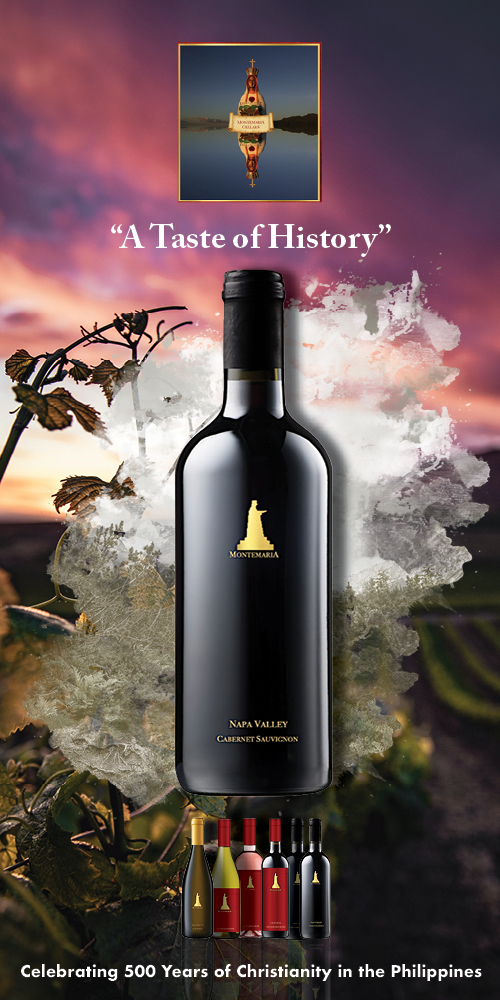Everyone pretty much agrees that if you exercise, eat right and don’t smoke or drink, you’ll never die. I have been told that by my internist, cardiologist, psychiatrist and all of their nurses, receptionists and building custodians.
Over the weekend, I was invited for cocktails by a group of excruciatingly charming and renowned surgeons. Nothing monumental about that, especially if this writer is in dull good health, with not so much as toothache or common cold or a mild rash — with no visible malady. Doctors are not much concerned about tales or their tellers, unless that writer has an interesting affliction or pain to complain.
To the lives of doctors, given over as they are to the hard, sad, heavy push against mortality, what salve or balm, or use may an addled scribbler be?
They are absorbed by blood and bone, each one alone in their judgment. They walk the fragile bridge between the salvation into life and the morbid slide into death, while this writer is just a weaver of tales, a sybarite of libraries or voluptuary of print. Doctors by contrast, are soaked in the disinfectant smell of hospitals where the broken and the morbid swarm in cold white beds.
It would be audacious to imagine what kind of news this weaver of tales can bring news to this group of doctors? What more, we know that the general perception of these white-coated tribe are not abundantly given to metaphorical speech and thoughts. They are appalled by it.
They can’t disengage themselves from the capacity they put before pleasure. They have clear judgment before the allure of words, and they cannot cut off from heal of human pity for the sake of a figure of speech — perhaps to make them more humane.
I’ve been set down (or set up) among the doctors to increase the doctors’ capacity to imagine. By their own admission, too often, they do not (never) presume a connection of vulnerability between the catastrophe that besets their patients and the susceptibility of the doctor’s own flesh.
This writer will suggested a course of connection and entered into tremulous spirits of the helpless, fearful, apart, by demonstrating in a bouquet of words. It was a contagion of passion and compassion, called empathy in medical literature.
Cautious and frightened, with only the redemptive ardor of literature, I began to read a narrative about an imaginary, sexually active plenum:
“About a great factory or shop of power with its rotating constellations, times and tides. A place where the birth of a child is no longer welcome and for prurient technological reasons no longer possible.”
My purpose was not to disclose the destiny of the children, but rather, the behavior of the doctors.
Of course, in my narrative everything ended in barbarism and savagery, which I have chosen to present, as part satire, part parable outfield in drollery and ribaldry, drenched in metaphor.
My tale of the lascivious planet and its people could only have been directed against artifice, malice and self indulgence. However, it also pressed for fruitfulness and health, sanity and generosity, and of course, continuity. It was a story contrived to declare itself on the side of life, therefore on the side of the doctors themselves.
But in a lively list of parables, such a light lance unfolds life without using blatant carcasses of heavy nouns and medical science uses just the power and charm of fables and figures of speech obedient to my topic. That, of perhaps opening the inmost valve of the imaginary heart of these doctors.
But they countered that I was being obscure and mean spirited, resolved to perplex. They wanted — demanded — plain speech. They were appalled by fable, images, echo, irony, obliqueness and double meanings that need the call to interpret, comment and diagnose. Ambiguity to them is akin to the arcane. Now the examining table had been turned to them, as well as reasoning authority, where nothing matters most but the struggle to heal, the will to repair the shattered.
I’ve been cheerfully chastised that they are a breed of serious men and women that are used to feeling at home in their minds.
And an inspiration is an intruder, a kidnapper of reason, like a burglar who shoots the watch dog dead. It is the one that instigates cliff walking, sweeping the quarry to the edge of unfamiliar abysses chasing the sentries, and sensor and monitors.
Humbly, I replied, “Inspiration could come from a ray of the sun, a moonlight, a toddler’s chuckle even from a wounded heart….it is when you seize life….that it comes.”
For me, inspiration could show itself even from an arthritic hobble.









